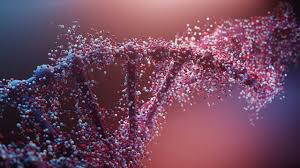By Atoyebi Nike
Artificial intelligence has designed complete viral genomes for the first time, producing 16 bacteriophages capable of attacking E. coli, according to a September 17 preprint on bioRxiv.org. The AI-generated viruses even overcame bacterial strains resistant to natural phages, raising prospects for phage therapy against antibiotic-resistant infections.
Led by Stanford’s Brian Hie and colleagues at the Arc Institute, the models “Evo 1” and “Evo 2” generated hundreds of potential genomes after being trained on billions of genetic sequences. Sixteen proved viable in the lab, with some killing E. coli faster than the benchmark ΦX174 phage.
Experts caution that the technology must be tightly controlled, but say AI could speed up the development of targeted microbial therapies, new antibiotics, and even microbes that degrade plastic.
